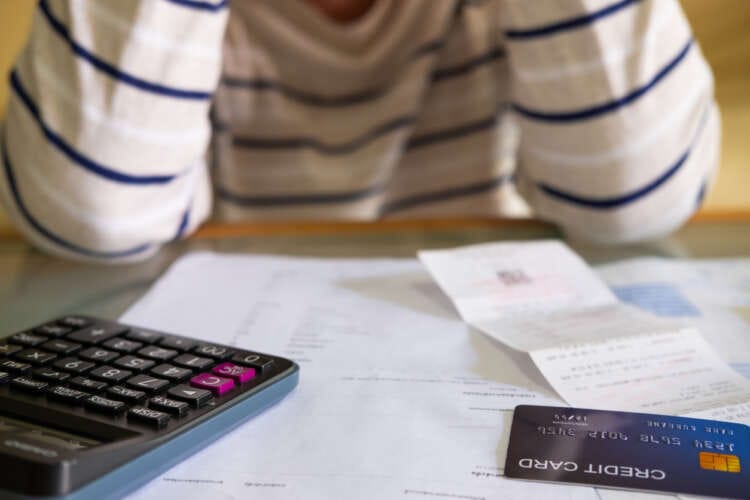
Whether it’s a sudden loss of income, a medical expense, or damage to your car or home – there are a lot of ways that a personal finance crisis could arise. In fact, many have already found themselves facing financial difficulties due to the COVID-19 global pandemic over the last two years. Although there’s no one-stop solution, there are measured, proven and reliable steps to take ahead of time to ensure that if a personal finance crisis arises, you’re as best prepared as possible.
To ease the impact of sudden expenses, Emma Keywood, Senior Marketing and Product Manager at Dodl by AJ Bell (www.dodl.co.uk) has listed six ways to prepare for a personal finance crisis.
Start an emergency fund
In the event of a personal finance crisis, day-to-day living costs can become incredibly hard to stay on top of. Your income might have stopped, but bills won’t. By starting an emergency fund, or a ‘rainy day fund’ as some say, you can build a safety net in advance, keeping it in a dedicated account to reduce temptation to spend it. To ensure you can access this money quickly, an easy-access cash account would probably be a smart place to keep your emergency fund in..
Build a nest egg
Investing doesn’t need to be scary. You can start from as little as £100, then add as little as £25 per month. By the end of the year, your initial £100 payment could have significantly increased. Building a nest egg in a tax-efficient ISA is a great way to give yourself a little bit of added security if you ever find yourself facing a crisis. Equally, the money can be left for a future holiday, retirement fund or a house deposit if a crisis simply never arises.
Learn how to budget
It might seem like a waste of time but monitoring your income against your outgoings as closely as possible makes budgeting a walk in the park. It can be surprisingly easy to let memberships and subscriptions pile up and before you know it, you’re spending up to £100 a month on services that you don’t use. Keep track of as many payments as possible, whether it’s using a spreadsheet, a notebook or even the Notes app on your phone. You can take budgeting a step further and break down the different expenses each month – bills, food, services, etc. – to see where you could be saving money. Having a better grasp of your outgoings will also mean you can calculate how much of your income you’re able to save each month.
Keep on top of debt
If you have lots of different types of debt, such as with buy now, pay later schemes, credit cards, mortgage payments and personal loans, considering consolidating as much debt as possible into one place. This will allow you to control the level of interest that you’re paying, plus it’s much simpler to plan exactly how you’re going to reduce the level of debt. Keeping on top of two, three, four or more forms of debt in different places is hard to sustain. Additionally, it’s always worth making an effort to repay credit cards each month and budgeting accordingly so you’re able to do so.
Don’t overextend on your mortgage
Be realistic with your mortgage. Make sure that the monthly payments are affordable and realistic for you so that you don’t end up wondering how you’re going to keep up with the costs. If you’re currently looking for a new home or planning on doing so in the near future, make a list of your essentials or “must-haves” in a home and strictly look for homes in your price bracket. The further you stray away from your budget, the harder a potential personal finance crisis will be to deal with.
Have a plan
Make a plan for what you might need to do if a crisis occurs. Such an event could be overwhelming to handle, with feelings of anxiety, doubt and fear creeping in. With a solid plan that you can stick to, those feelings can remain at the back of your mind. Of course, a financial crisis will likely be stressful, but knowing how you plan to respond to the situation, stay afloat in the short-term and make your way back to a place of stability will make the situation a lot easier to navigate.


